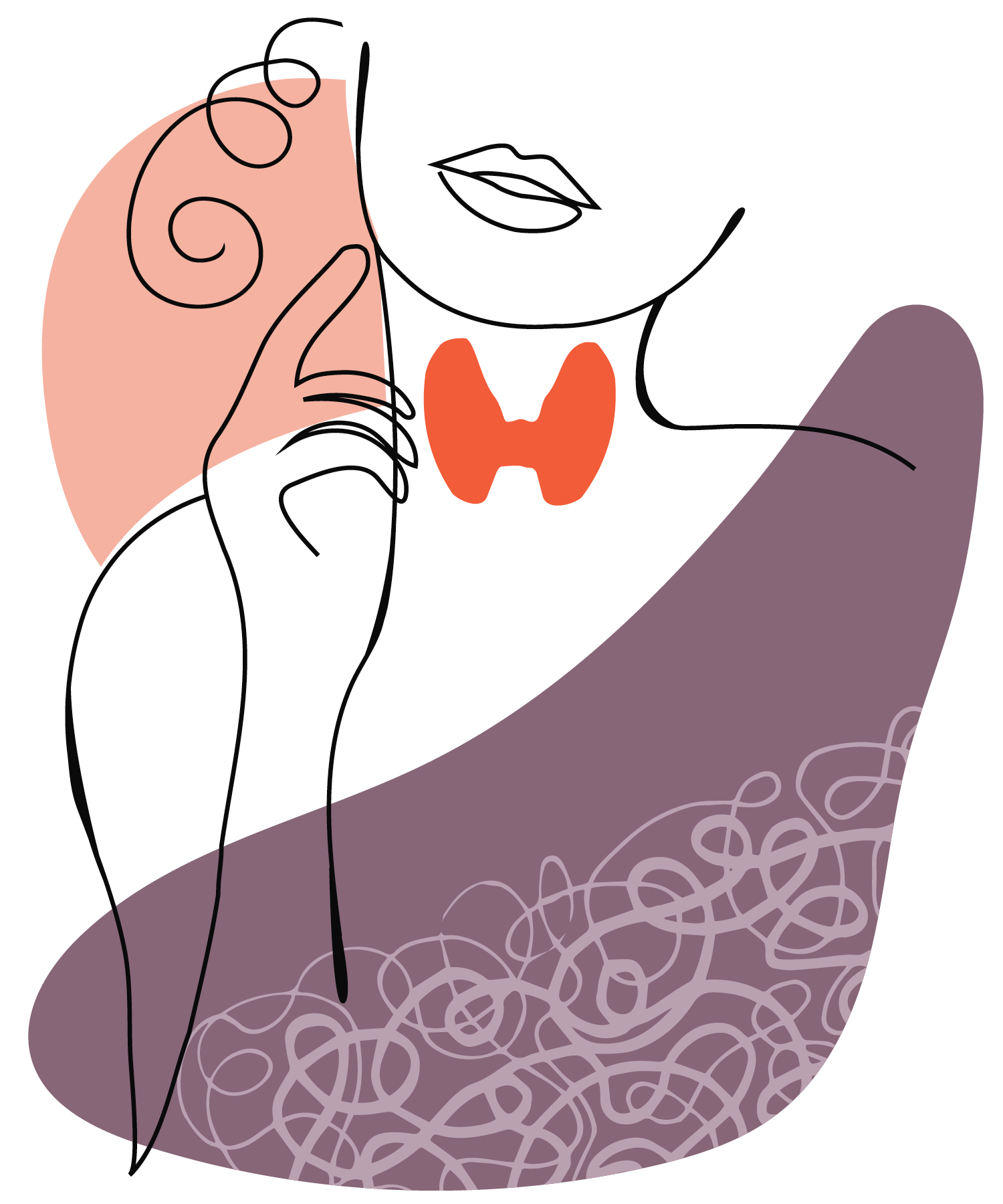
WHAT IS
HYPOTHYROIDISM?
WHAT IS
HYPOTHYROIDISM?
TO UNDERSTAND HYPOTHYROIDISM,
START WITH THE THYROID GLAND1
The thyroid gland is a butterfly-shaped endocrine gland located in the lower front of your neck. It makes thyroid hormones that enter your blood and are carried to every tissue in your body. Thyroid hormones help to:
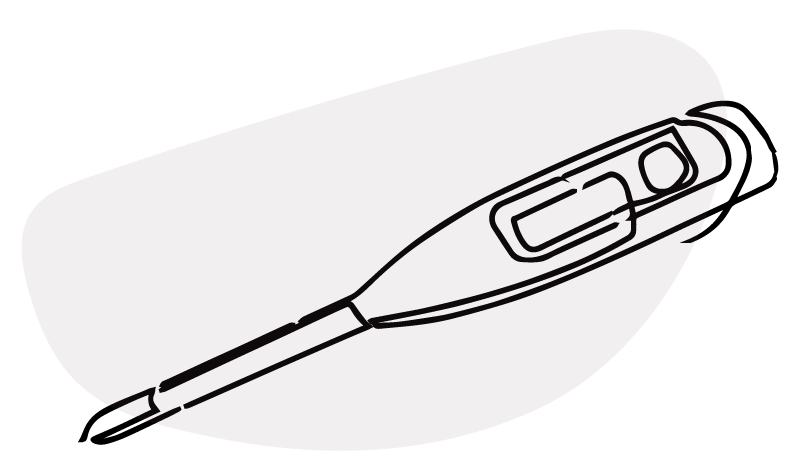
MAINTAIN YOUR BODY’S WARMTH AND ITS USE OF ENERGY OR METABOLISM
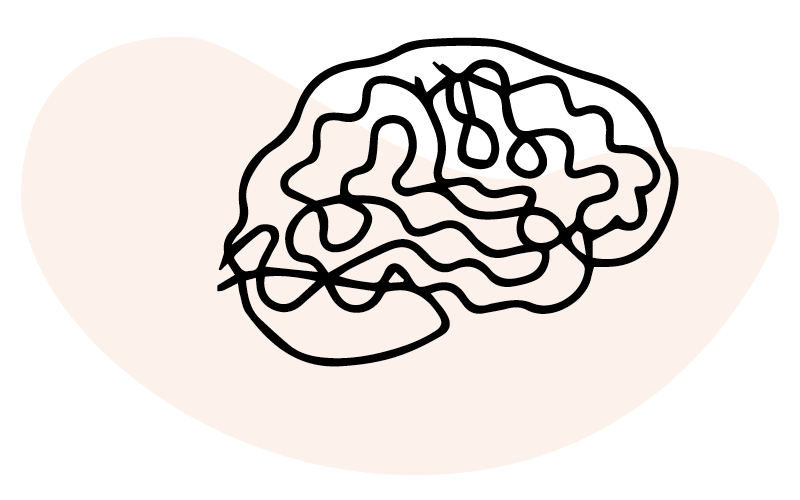
KEEP YOUR BRAIN, HEART, MUSCLES, AND OTHER ORGANS WORKING PROPERLY
DEFINING HYPOTHYROIDISM
AND ITS CAUSES2
Simply put, hypothyroidism is an underactive thyroid gland, which means the thyroid gland is not making enough thyroid hormones to keep your body running normally.
Common causes of hypothyroidism include:
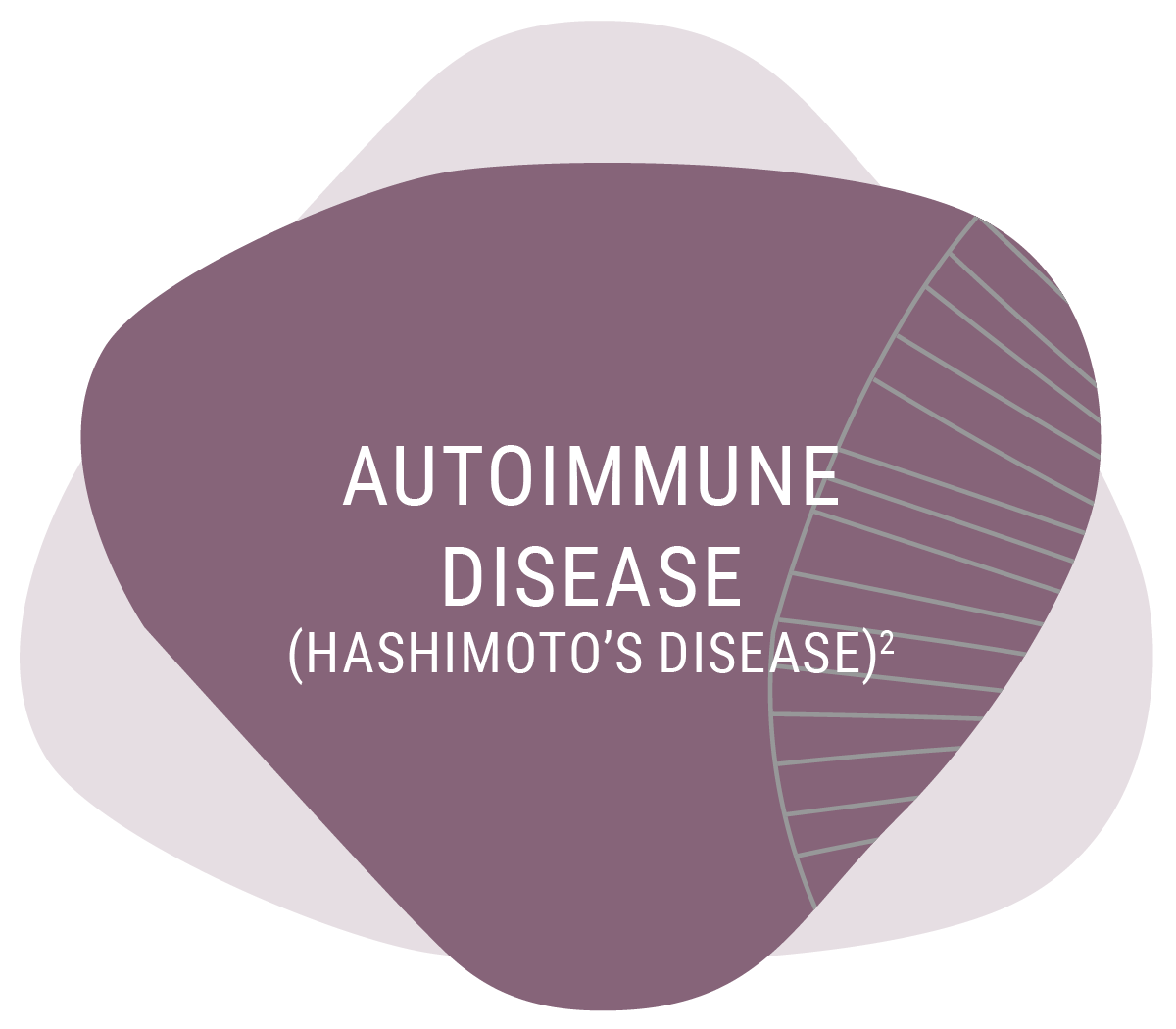
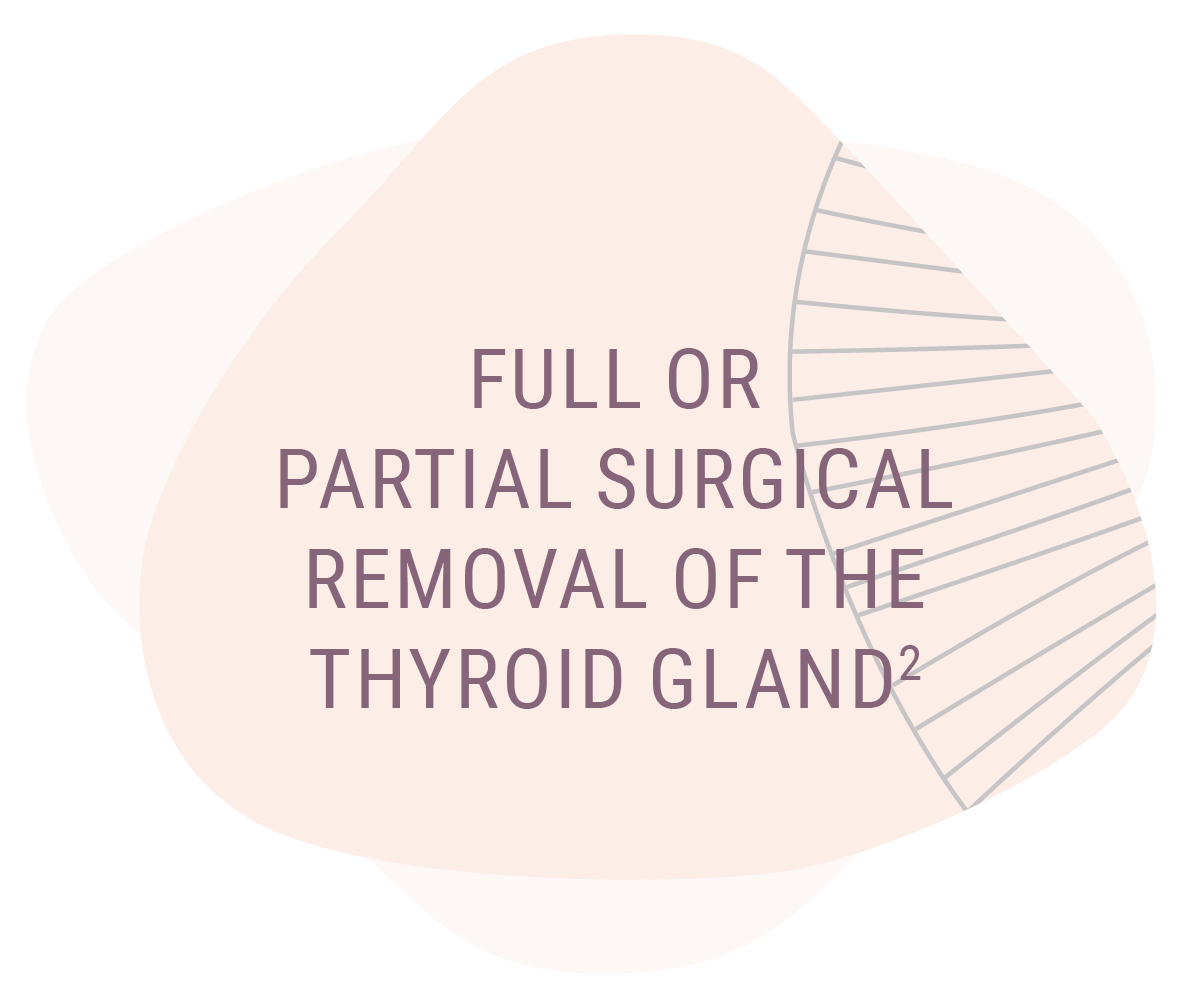
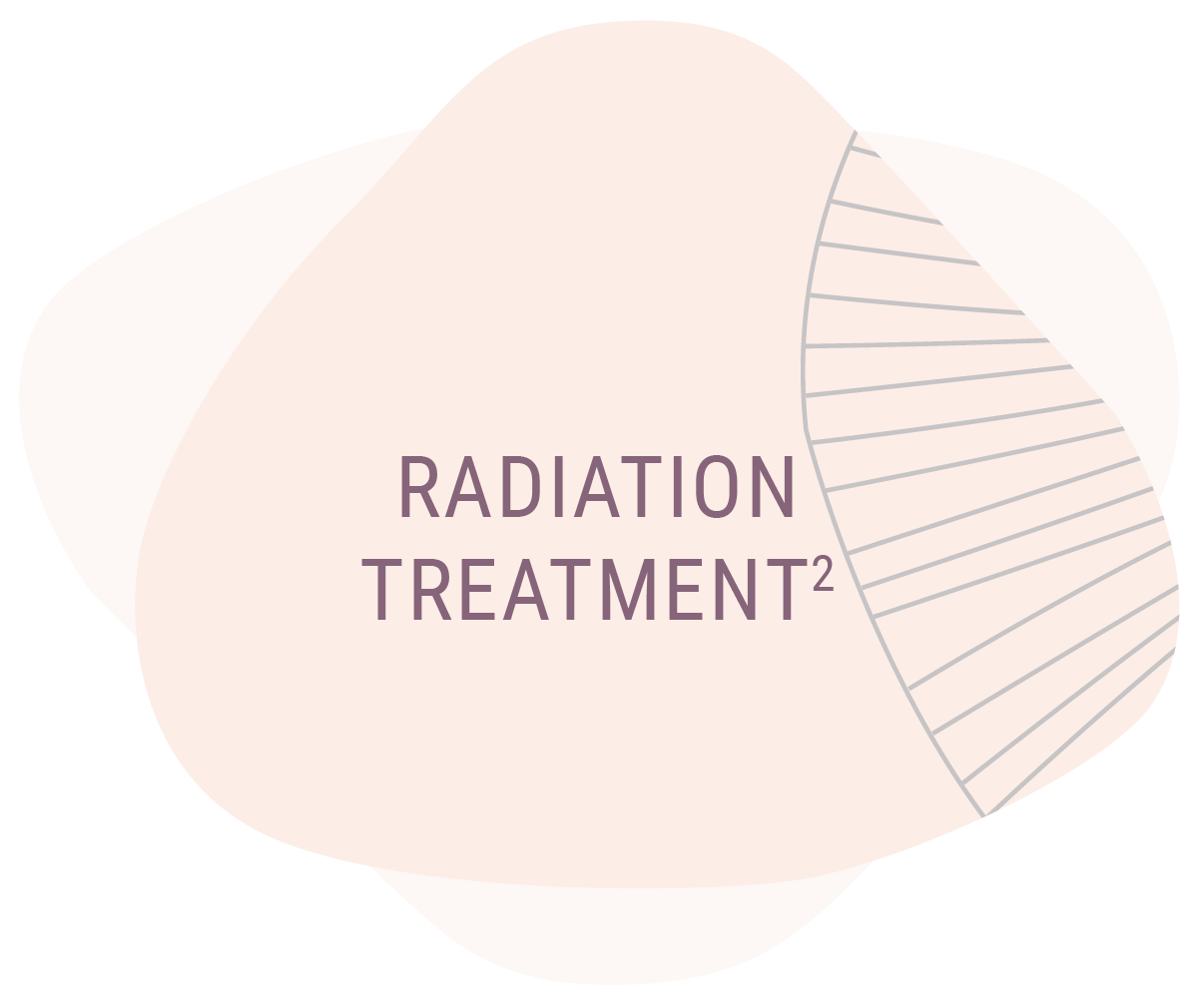
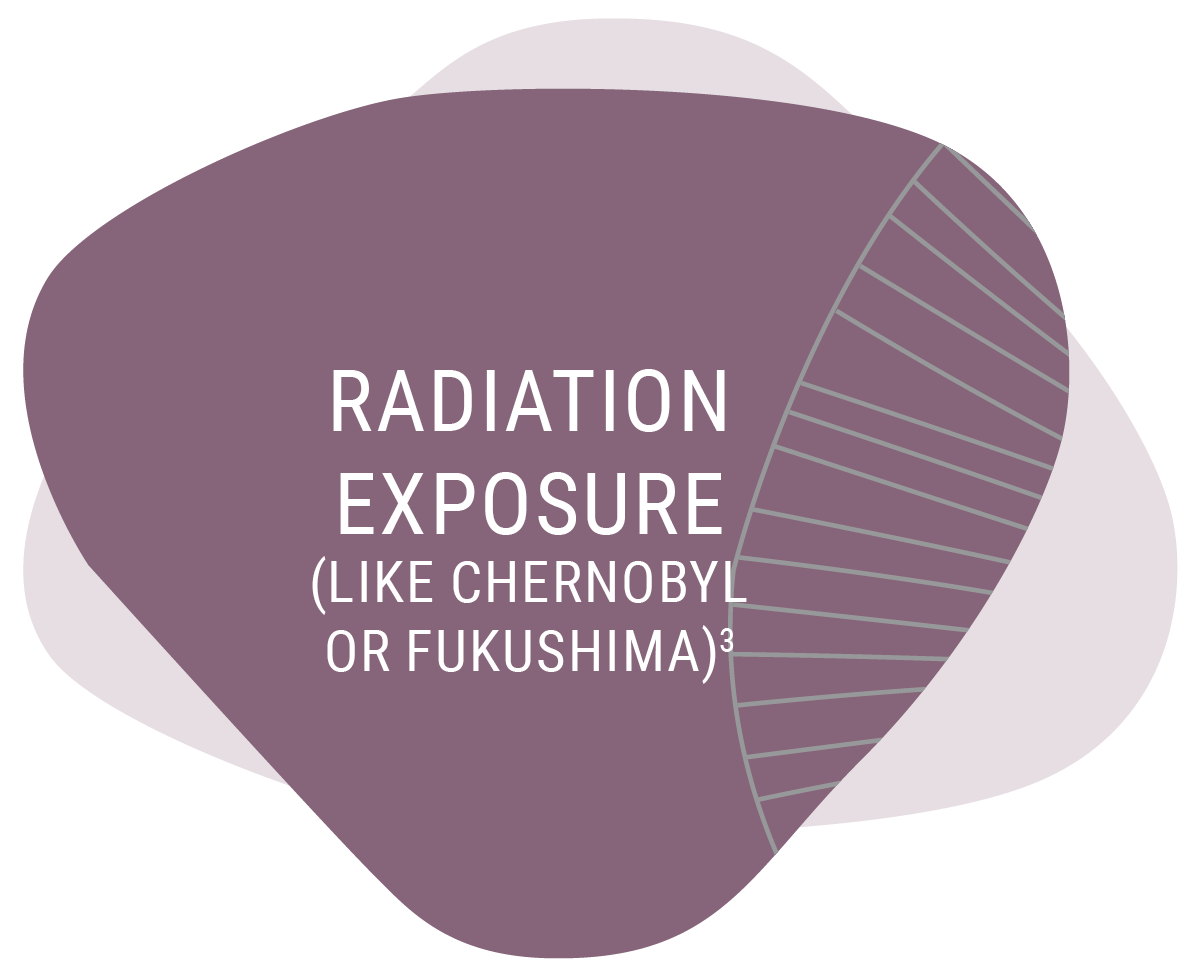
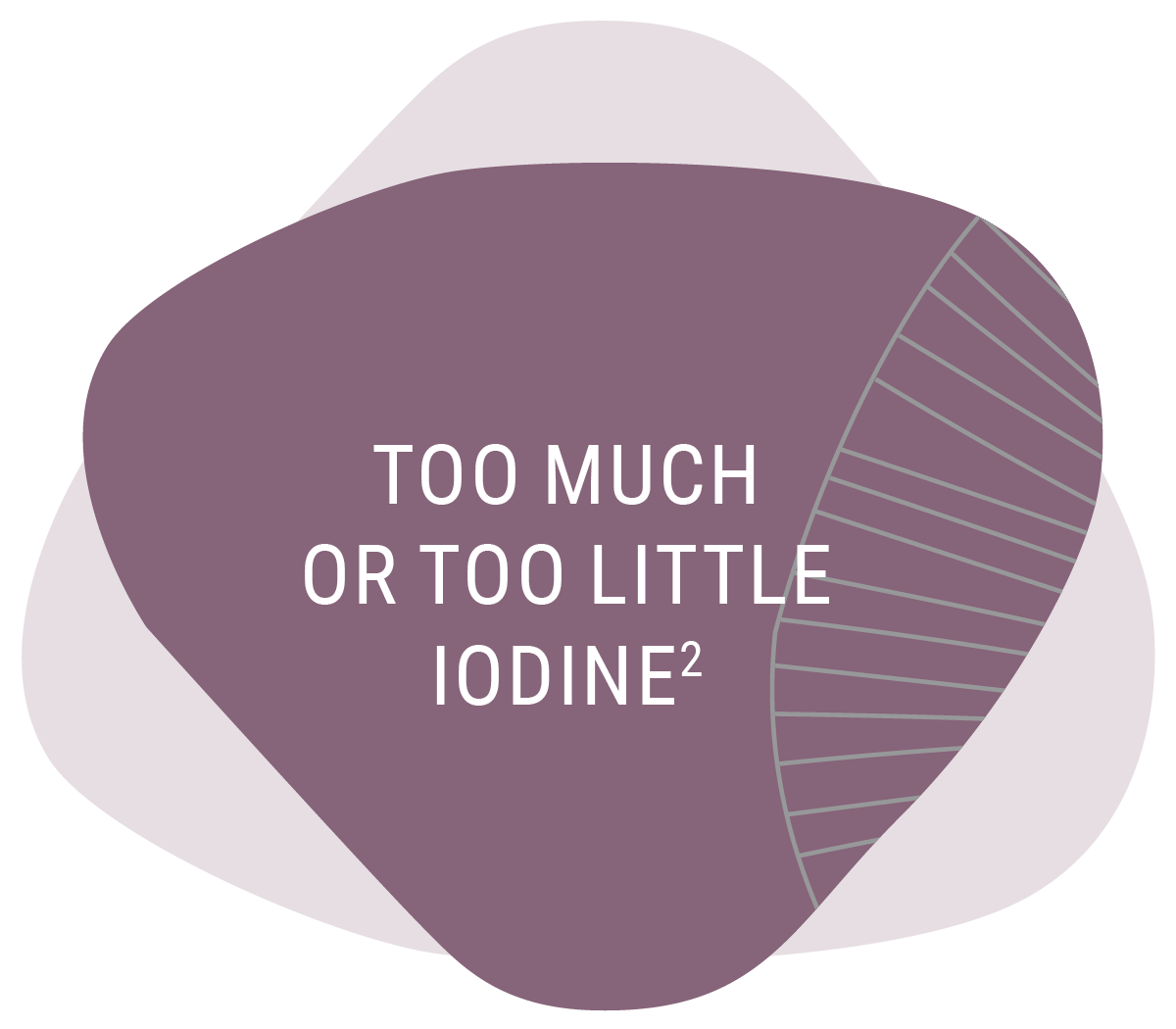
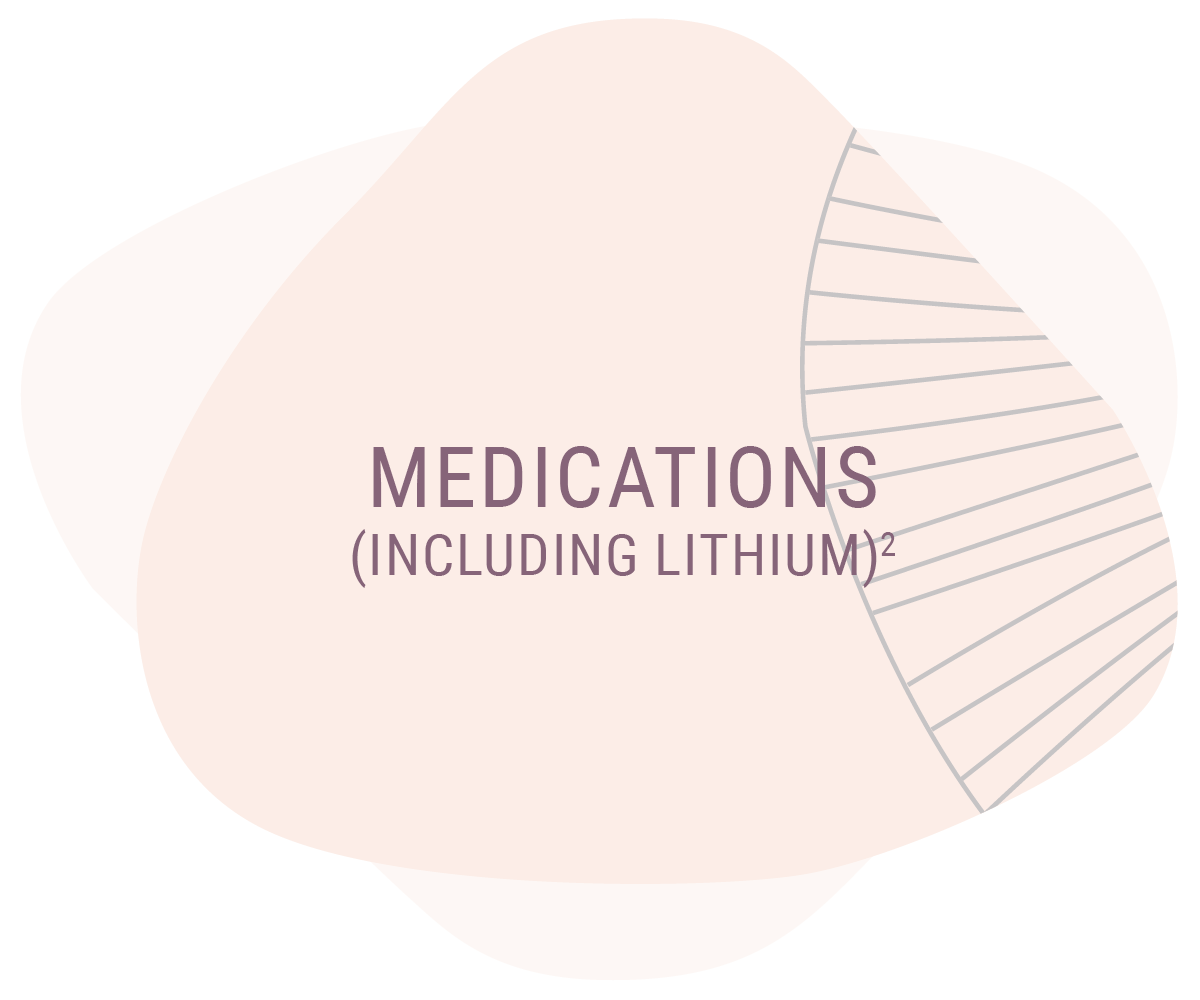
WHO IS AFFECTED BY HYPOTHYROIDISM?2
Hypothyroidism affects up to 1.65 million people in the US.
You may be at increased risk if you:
Hypothyroidism affects up to 1.65 million people in the US. You may be at increased risk if you:
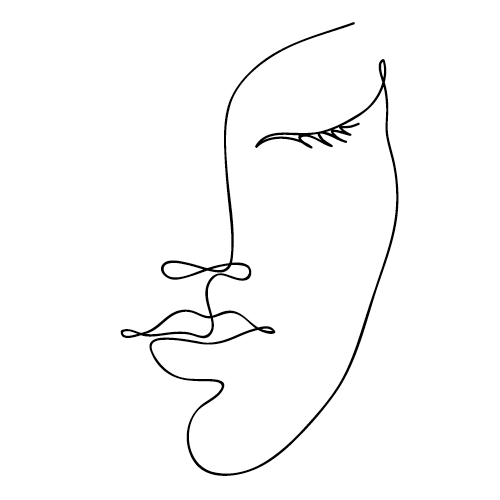
Are a woman
(hypothyroidism predominantly affects women, but men are affected, too)
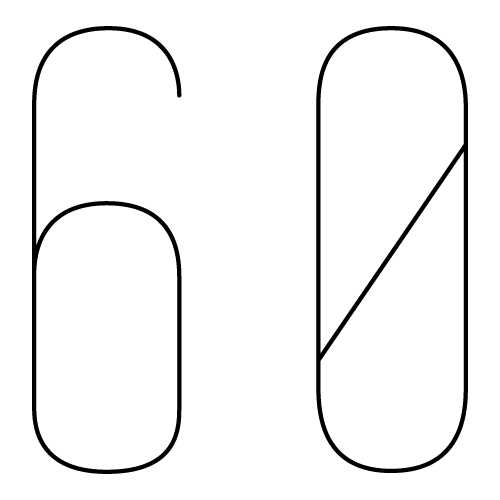
Are over 60 years old
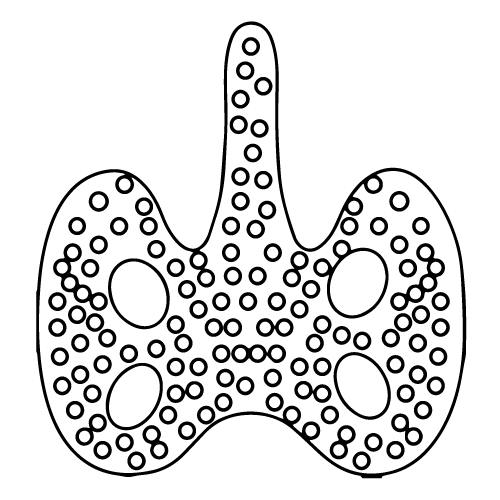
Have a family history of thyroid disease
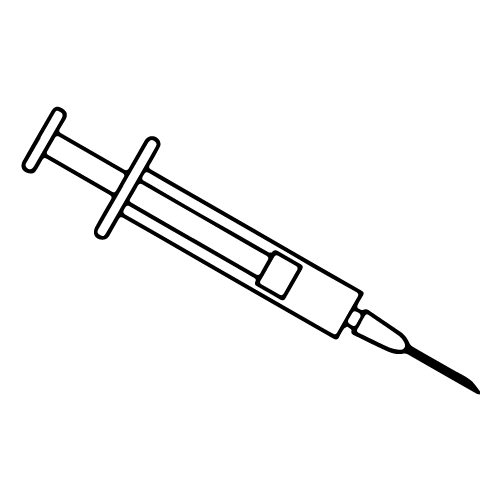
Have an autoimmune disease
(eg, type 1 diabetes, Hashimoto’s disease, or celiac disease)
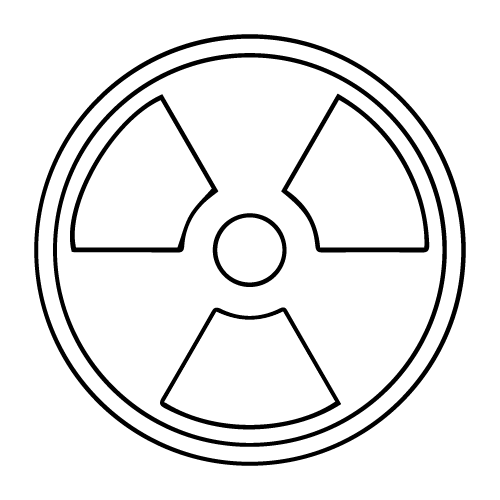
Have been treated with radioactive iodine or antithyroid medications
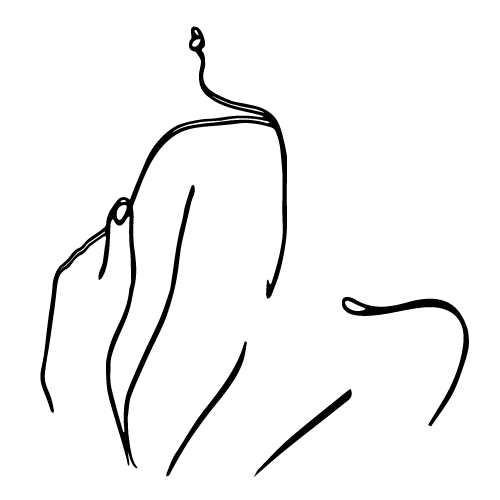
Received radiation to your neck or upper chest
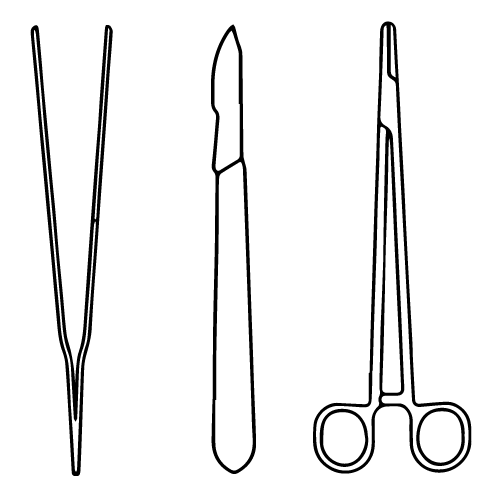
Have had thyroid surgery
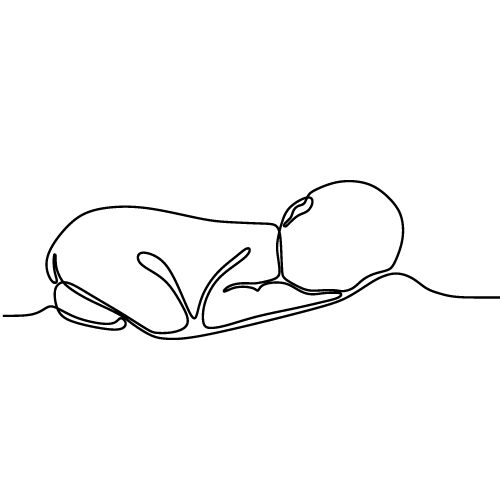
Have been pregnant or delivered a baby in the past 6 months
While hypothyroidism is most prevalent in women over 60 years old, studies indicate that the condition also affects many women in the 45-to-55-year-old range.4
SIGNS AND SYMPTOMS OF HYPOTHYROIDISM2
Not all people experience hypothyroidism the same.
Hypothyroidism can affect you in a variety of individualized ways, with common symptoms including:
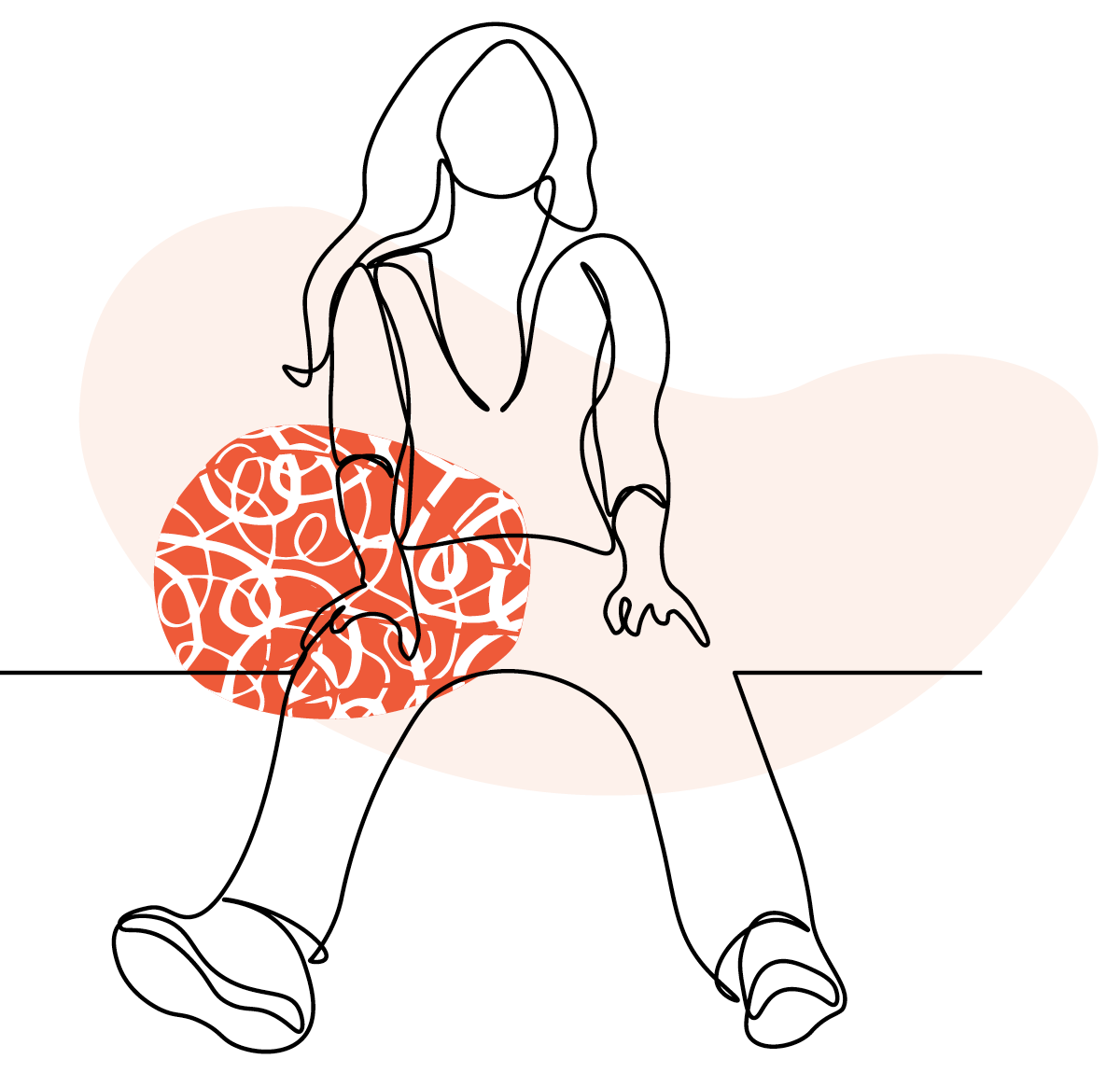
FEELING COLDER
FATIGUE
DRY SKIN
BECOMING FORGETFUL AND DEPRESSED
WEAKENING MUSCLES
THINNING HAIR
HEAVIER OR IRREGULAR MENSTRUAL CYCLES
SWELLING LEGS, ANKLES, AND FEET
WEIGHT GAIN
CONSTIPATION

HYPOTHYROIDISM CAN AFFECT YOU IN MANY WAYS.
SEE MORE >
References: 1. American Thyroid Association. Hypothyroidism (Underactive). Accessed August 14, 2020. https://www.thyroid.org/hypothyroidism/ 2. Mayo Foundation for Medical Education and Research (MFMER). Hypothyroidism (underactive thyroid). Symptoms and causes. Mayo Clinic. Accessed August 14, 2020. https://www.mayoclinic.org/diseases-conditions/hypothyroidism/symptoms-causes/syc-20350284 3. Nagayama Y. Radiation-related thyroid autoimmunity and dysfunction. J Radiat Res. 2018;59(Suppl 2): ii98–ii107. 4. Canaris GJ, Manowitz NR, Mayor G, Ridgway EC. The Colorado thyroid disease prevalence study. Arch Intern Med. 2000;160:526-534.



